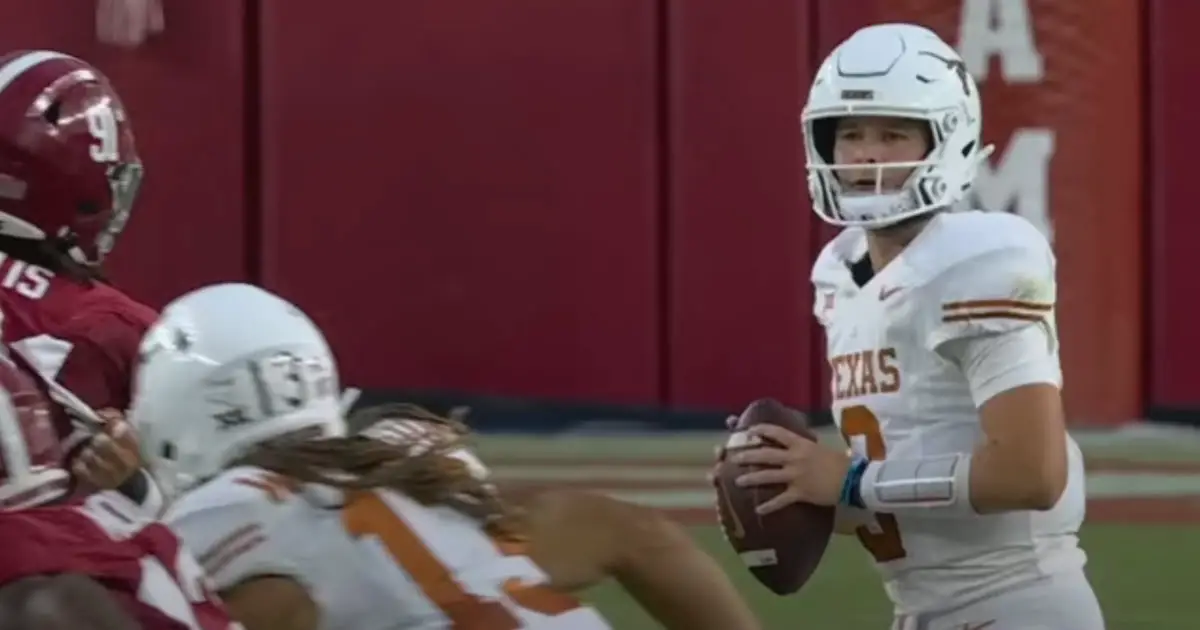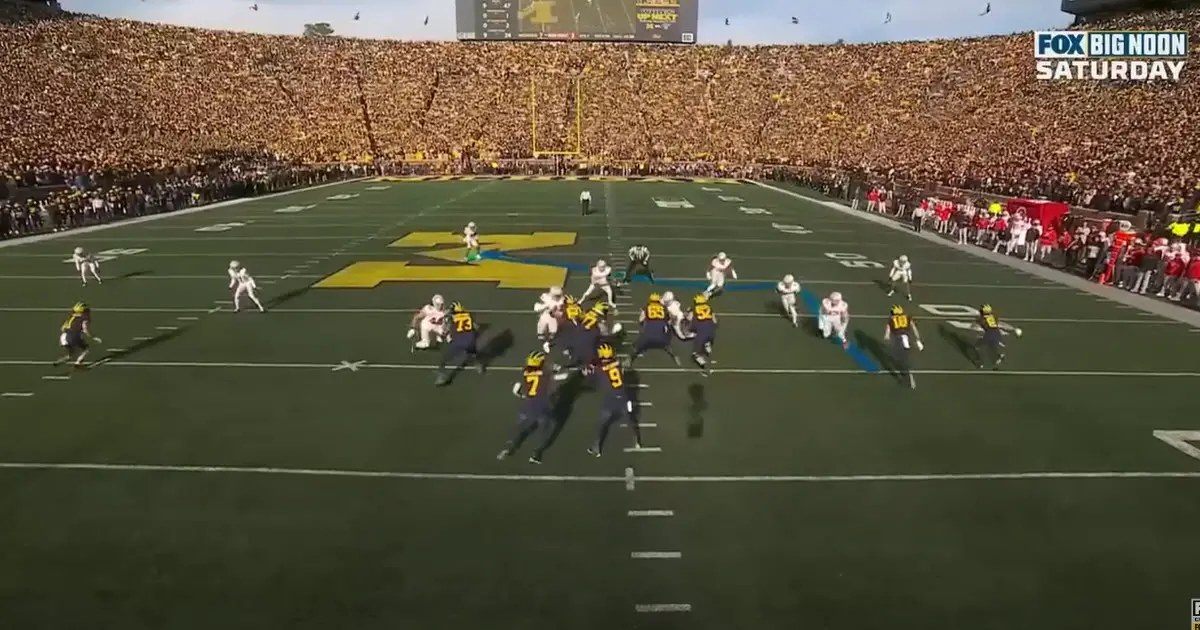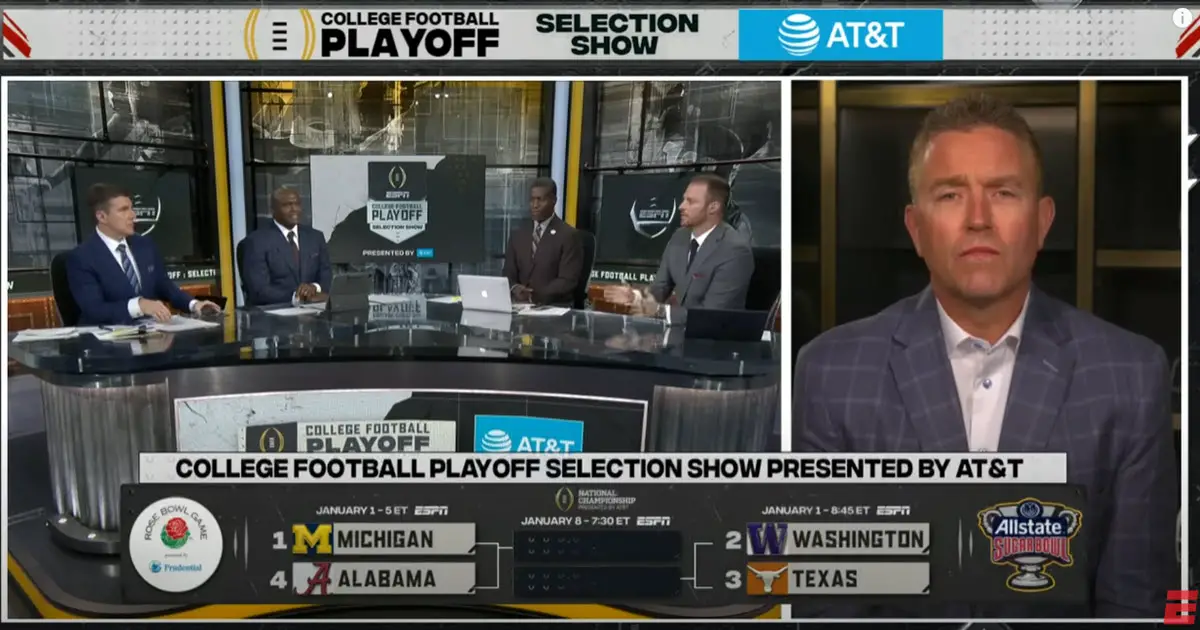“Disgusted and infuriated,” said Coach Mike Norvell when he saw that Alabama got the last playoff spot and his FSU Seminoles were left out by the CFP committee. Injured FSU quarterback Jordan Travis posted on social media that he was: “Devastated. Heartbroken.” Coach Norvell said further: “What is the point of playing games? Do you tell players to quit if someone goes down?”
When the CFP committee applied its protocol guidelines, listed in my previous article, and discussed, in order, below, they really had no other choice. Even when Mr. FishDuck took time away from his fun with the ‘Find your new favorite game’ and read my analysis–he had to agree.
The first guideline, “Championships won” was met. All the four teams making the playoff were their conference champion.
Analysis of the second guideline, “strength of schedule”, is a bit puzzling because there is no single authority. There are several entities that rank strength of schedule. The protocol does not designate which ranking the committee should use. To this article, I looked at several and chose the strength of schedule ranking by “Power Rankings Guru”. It came up first on my Google search, and I found their ranking consistent with some other sites.
The Strength of Schedule “Guru” ranking for December 3, after all scheduled games were played, has Texas at No. 2, Alabama at No. 6, Washington at No. 8, Michigan at No. 51 and Florida State at No. 55. The “strength of schedule” guideline was followed by the committee in that the four teams selected had the strongest strength of schedule among the top five. And, at the margin between FSU and Alabama, the Tide had the much more difficult schedule. Georgia, ranked No. 6 by the committee, had a No. 45 strength of schedule.
The strength of schedule sites I looked at but gave less weight were NCAA College Football, that ranked Alabama No. 2, Michigan No. 4, Texas No. 5, Washington No. 8, and Florida State No. 16. Power Index ranked: Michigan No. 1, Alabama No. 5, Texas No. 7, Florida State No. 11, and Washington No. 13. My primary reason for giving those sites little weight is my sense that the Michigan strength of schedule was much farther below where these two “authorities” place it. I smelled B1G bias. Regardless, both sites rank Alabama well above FSU.
Since some readers are probably wondering, the Guru ranked Oregon’s strength of schedule at No. 42, and Liberty at No. 132 out of 133 teams ranked.

The only head-to-head was Texas beating Alabama. (Screenshot from ESPN Video)
Moving on to the third guideline, for “head-to-head” competition, there was only one game among the top five teams:
On September 9, Texas beat Alabama, 34-24.
The fourth guideline, comparative outcomes of common opponents, states that margin of victory is not a consideration. The only common opponent among the top five teams was LSU.
Opening day, Sept 3, FSU beat LSU, 45-24.
On November 4, Alabama beat LSU, 42-28.
There is no other common Florida State opponent that Michigan, Washington, or Texas played. The one common opponent that played both Florida State and Alabama, was LSU, a team they both beat, handily. That tells the committee nothing.
The final guideline is: “Other relevant factors such as unavailability of key players and coaches that may have affected a team’s performance during the season or likely will affect its postseason performance.”
When FSU lost quarterback Jordan Travis to a severe leg injury with only one scheduled game remaining, it most certainly affected their performance in the final regular season game and in the conference championship. Travis said that he was out for the rest of the year and was on crutches during the ACC championship game. FSU won that game because of sterling defensive play, holding Louisville to only 6 points.
The committee must consider the effect of Travis’ injury, the loss of the team leader for the FSU offense, on its postseason performance. That loss is definitely included in the “other relevant factor” guideline, because unavailability of a key player is the example of an “other relevant factor” stated in the guideline.
The protocol calls for the committee chair to “explain publicly the selection committee’s decisions.” Chair Boo Corrigan spoke at least twice on that topic. Rece Davis of ESPN interviewed Corrigan on December 3. (See below)
Corrigan said that player availability is really important and the absence of Travis “changes the offense.” He said that FSU was a “different team” without Travis. He also said that Alabama was “not the same team” it was early in the season when it was defeated by Texas.
The protocol does not specifically mention consideration of a team’s record or whether a team is undefeated. Obviously, when choosing the best four teams, the season record is a consideration. However, there is no guideline discussing how a team’s record is applied along with all the other considerations stated in guidelines that mention a championship, strength of schedule, head-to-head games, and common opponents.
To clarify, the fact that a team is one of only four undefeated teams in all of Division I college football does not mean it is one of the four “best teams”. Otherwise, Both FSU and Liberty would be in the semifinals.
The protocol does not mention an “eye test”, which, like beauty, is in the “eye” of the beholder. Momentum and trajectory of season play are also not mentioned, but those factors are difficult ignore.
In summation, the protocol guidelines apply as follows:
Championship: all the teams ranked from first to fifth are their conference champion.
Strength of Schedule: FSU had the easiest schedule and of the four teams in the playoff, only undefeated Michigan was close.
Head-to-Head: Texas has an advantage over Alabama.
Common Opponents: It’s a draw.
Other relevant factors: the FSU loss of QB Travis was the deciding consideration.

Michigan would have rolled Florida State… (Screenshot from Fox Sports Video)
In conclusion, FSU is not in the college football championship playoff because the application of the written guidelines for determining the four best teams leaves them out. Its “postseason performance”, that is, how it is expected to play in the playoff games makes it a less attractive opponent for Michigan than Alabama.
The Seminoles without Travis would be blown out by Michigan. That hypothetical game is not nearly so attractive as a contest between Michigan vs. Alabama. Georgia is not one of the final four teams because it is not the SEC conference champion, and its strength of schedule at No. 45, is far below that of the other two teams with one loss that the committee chose for the playoff, Texas and Alabama.
Despite Coach Norvell’s infuriation and QB Travis’ devastation, the committee got it right. Do you agree now, with all the information presented? Share your thoughts in the Our Beloved Ducks forum…
Mike Whitty
Eugene, Oregon
Top Screenshot from ESPN Video
Related Articles:
Unbelievable...Same SEC Stuff, Different Day
Why Oregon Football Always Belongs in the National Conversation
The B1G Won the 2026 Coaching Carousel...Big-Time!
Continuity? Lanning's Hiring Success is Put to the Test
Why Whether Dyer Was Down or Not...Doesn't Matter
How to Analyze Football Talent Like a Pro

The senior Mike Whitty, age 86, is not the commissioner for Lane County football and basketball officials, as that is his son, Mike Whitty. A retired attorney, Mike Whitty, Sr., grew up in Coos Bay, and played football four years for Pete Susick at Marshfield High, during the time of the then Big “A” school’s three successive state championships, 1954-56.
A serious golfer, Mike has been the medalist in three divisions of the Oregon Coast Invitational at Astoria G & CC. He qualified and played in the USGA Sr. Amateur at Prairie Dunes, KS in 1995. His education: two years at USAF Academy, 1961-63. Oregon degrees, BS ’65, JD ’68.

